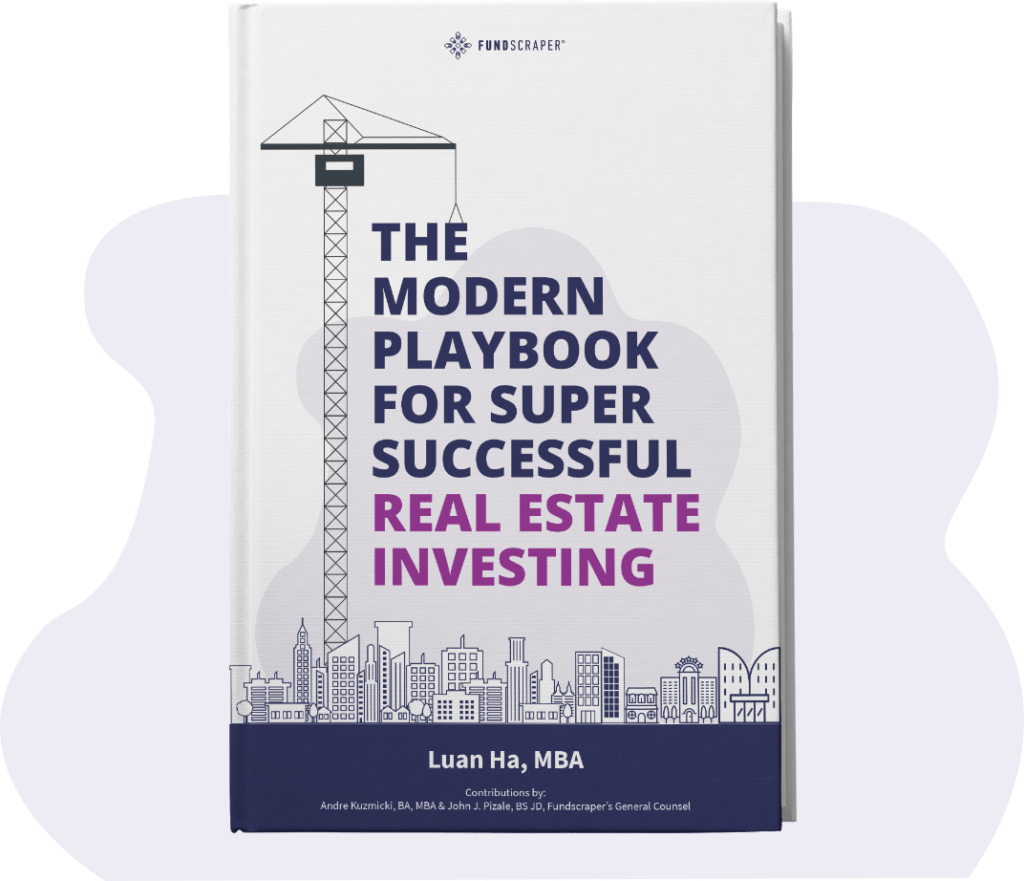The Credit Committee, sometimes called the Investment Committee, is a panel of individuals ubiquitously found in financial institutions, pension and endowment funds, credit unions, banks, insurance companies, and the like. Here, we’ll focus on the role and inner workings of the Credit Committee of an Exempt Market Dealer offering real estate products to the public.
Key Points
- An EMD is a firm that has been licensed to distribute investment securities that are exempt from the rigours of a prospectus normally required by the Canadian Provinces in which it is registered to carry on business
- The Board of Directors of an EMD normally establishes the Credit Committee comprised of senior management individuals with authority and relevant skill and experience. They meet regularly to consider new investments and approve, amend or turn away investment opportunities being brought forward under the auspices of the EMD
- The credit committee serves as a natural buffer or safeguard against an overly enthusiastic promoter. An essential part of its mission is to protect the ultimate consumer of products offered to the public under the umbrella of an EMD
What is an exempt market dealer (EMD)?
An EMD is a firm that has been licensed to distribute investment securities that are exempt from the rigours of a prospectus normally required by the Canadian Provinces in which it is registered to carry on business.
EMDs may act as dealers for prospectus exempt securities sold to qualified clients. Typically, an EMD offers products covered by an Offering Memorandum (OM) which need not be pre-cleared by a Securities Commission. An OM is an issuer-prepared document purporting to describe its business. OMs assist prospective purchasers in their decisions of whether to invest in the securities being offered by the Issuer.
The Credit Committee does much of the “heavy lifting” for investors in evaluating the underlying merit of any investment opportunity.
What is a credit committee and what does it do?
The Board of Directors of an EMD normally establishes the Credit Committee comprised of senior management individuals with authority and relevant skill and experience. They meet regularly to consider new investments and approve, amend or turn away investment opportunities being brought forward under the auspices of the EMD.
The Credit Committee has a broad range of duties and responsibilities, including the obligations to:
- Ensure regulatory compliance for each investment
- Review regularly investment policies and recommend to the Board of Directors changes in policies, procedures, internal controls and underwriting guidelines
- Promote wise investment and credit management
- Rule on investment opportunities, taking into account credit, market, operational and legal risks
- Ensure any investment is consonant with the EMD’s published investment criteria and policies
What is a loan officer?
The Loan Officer assigned to any proposed transaction is an experienced underwriter charged with presenting the investment opportunity to the Credit Committee, including all the supporting research. An underwriter’s main task is to assess the quality of an investment, its sponsors, and its inherent risks. Oftentimes, the Loan Officer’s presentation to the Credit Committee will have been previously vetted and endorsed by the Loan Officer’s supervising manager.
Why is it called underwriting? The term comes from the historical practice of Lloyd’s of London Insurance of requiring each risk taker (often for a sea voyage with risks of shipwreck) to put their “written” signature “under” the total monetary risk they were willing to assume in return for a fee. Hence the term “underwriting.”
It’s the credit committee’s job to approve, amend, or disapprove of an investment application.
How does a credit committee evaluate an investment opportunity?
Over and above its general obligations, on a daily basis, the Credit Committee is charged with evaluating potential investment opportunities falling within the EMD’s jurisdictional orbit. The review begins with the Loan Officer’s discussion paper, which includes a profile of the people behind the deal, its proposed terms, detailed analyses, and recommendations.
After deliberating over the Loan Officer’s underwriting report and completing any follow up interviews, the Credit Committee can approve, amend, or disapprove of the investment application at hand.
If the application is turned down absolutely or with amendments, the Loan Officer will advise the applicant accordingly. If it’s approved, a letter of intent will be sent. Upon acceptance by the applicant, a term sheet and commitment letter prepared by the Loan Officer and approved by the Credit Committee is forwarded to the applicant for signature and acceptance. The Loan Officer then will confirm that all due diligence and funding requirements are in order and that arrangements are put in place to fund the transaction. The EMD’s Legal Counsel will be retained to prepare and register the mortgage and/or any other security documents and ensure all conditions have been satisfied before funds are released. Barring the need for an extension down the line, the work of the Credit Committee is now done.
At this juncture, the EMD moves on to fulfill its regulatory obligations and attends to matters related to qualification of investors, suitability, conflicts of interest, disclosure, and more. It’s a complex process; the full treatment of these tasks is beyond the scope of this paper!
The credit committee serves as a natural buffer or safeguard against an overly enthusiastic promoter. An essential part of its mission is to protect the ultimate consumer of products offered to the public under the umbrella of an EMD.
What is due diligence?
Due Diligence, as applicable, covers many things, including:
- The credentials of an Issuer or Sponsor
The financial details of the proposed deal, including principal amount, yield, duration, and other salient features and conditions - Creditworthiness of the borrowers and/or guarantors, including credit checks, financial statements, personal references, and net worth statements
- Third party reports such as valuation appraisals, architectural certificates, environmental reports, building condition assessments, geotechnical appraisals, and quantity surveyor reports
- Leases, rent rolls, and estoppel certificates
- Development budgets and construction schedules
- Ability of the originator to fund budget shortfalls and need for a Deficiency and Cost Over Run Agreement
- Zoning and building permits
- Details of prior and subsequent encumbrances and availability of lender consents, if necessary
- Assessment of loan to value ratios and other compliance with the EMD’s investment criteria
- Evaluation of current competing market conditions for similar deals, including prevalent offerings by competitors
- Timing of advances to the borrowers
- Availability of collateral security
- Builder’s risk and liability insurance
- Validity of repayment schedules, as well as feasibility of exit route through refinancing or sale of underlying property
- Evaluation of originator’s track record and project’s progress to ensure continued sustainability in case an extended term is needed
- Location of the property, including marketability, condition, and value
- Contemporaneous assessment of general economic and societal forces, including state of financial markets, existing and proposed government policies, local issues, and force majeure conditions
- Review of commitment administrative and all incidental expenses and fees
- Legal structure and supporting documentation
Meet the Fundscraper credit committee
Our team has over 125 years of experience in real estate development, finance, private equity, law, and technology. We’re proud leaders in our fields! Meet the Fundscraper credit committee here.
Start Investing in Real Estate Backed Investments Today
Explore the investments available on Fundscraper.










